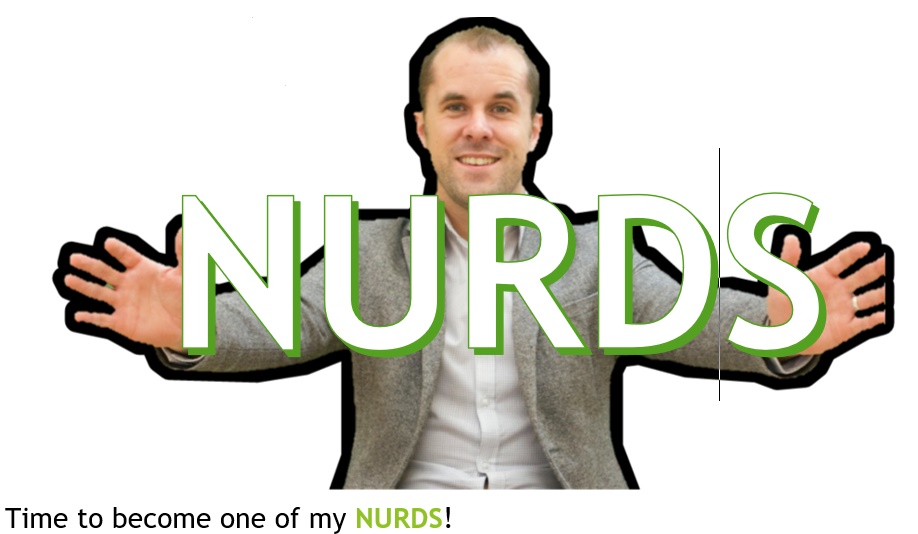Having money is great, being able to survive on what you earn AND BE HAPPY, is the best.
Sometimes, (in fact – more often than not) we have debt. The average UK adult is £30,757 in debt! Meaning – it is more uncommon to NOT have debt!
So – why don’t we talk about it? embarrassment perhaps? the feeling that ‘You got this’, when you probably haven’t. Maybe it’s a lack of understanding or what to do next – ”how do I save? how do I switch? How do I downgrade? How do I cancel? Can I actually do any of these things? What’s my rights?
It could be a multitude of different reasons, but whatever the reason is:
ALL DEBT CAN BE SORTED
yes – you read that correctly. Not ‘Some debt can be sorted’ – ALL DEBT CAN BE SORTED!
Whether we like it or not, we all have to deal with money, be it directly for your own wallet or for someone elses, we will have to make decisions.
Unfortunately, we are not taught about money at school, there aren’t many courses available either. If you DID want to learn about it, unless you got into Consumer finance, it’s very hard to find the answers, without someone trying to sell you something.
If you are struggling with debt, here are my top rules for dealing with it:
- Talk to someone about it! Talk to a UK, government back charity like Step Change they will help you in understanding your rights and help get a plan of action together. Debt charities should be free. If someone is trying to make money out of your debt issues, don’t use them.
- Talk to the person/company that you are in debt with. If you can’t afford credit card repayments, talk to whoever gave you the credit card. There may be a way that they can assist you, like giving you a repayment holiday, they may simply reverse or refund your charge or set up an agreement between you and the creditor.
- Change what you are doing. More often than not there are ways of being able to save money. Become one of my Saving NURDS!
- New – Set up something new or do something new. You could set up a savings account, buy new LED Lightbulbs, look at new suppliers…
- Use Less – If you already save loads and you are on all the best deals, using less is potentially an option. Turn off the lights, lower your thermostat, wear a jumper more, eat less, lower your portion size, drive less… you get the idea.
- Rid – look at your costs and ask yourself…do I really need it? This is a great way of saving, because unlike using less, switching or downgrading (where there will still be a cost), there is immediate savings to be had! Sometimes you have to pay to get out of contracts, if the cost to get out is less than the cost of seeing the contract out, paying actually makes financial sense!
- Downgrade – I don’t like the term ‘Downgrade’ because it’s used by marketing experts to make us feel like we’re getting a worse deal. Look at it this way… Do I realistically not use ‘x’ OR ‘Am I prepared to use less, to downgrade, in order to save money?’ Ask your network supplier how much data you use, Texts and how long you spend on the phone, it might be lower than you think, subsequently, you could get a more restrictive tariff – but it won’t matter to you, because you’re not using it anyway! Same for gym memberships or anything that has tiers of ‘quality’.
- Switch – These days, switching is easier than ever. Energy is switched in 21 says, banking accounts use the CASS system and is done in 7 working days, balance transfers for credit cards, take, usually, only days! Switching is different to ‘Downgrading’ – because when you switch you would get the same thing, just with someone else, cheaper. Downgrading is where you have less or use less or are more restricted, but remember – it won’t make a difference because you are not using it!
- Make more money, if you can’t save because you are doing everything possible, the other option is to make more. There are several ways you could make more money:
- Can you do overtime at work?
- Can you earn more commission?
- Could you get another job?
- Could you get a better paid job?
- Is there a way you can increase your income revenue streams?
- Speak to your local council about council tax support and any other benefits/grants that may be available
- Go to entitled.to to find out if you are entitled to any other kind of benefit
- Apply for Universal credit
If you are able to do all four above, you will be well on your way to managing your money and will certainly help your mental health.

Myths
- Debt isn’t passed on: It is.. sorry. It is at the discretion of the creditor. If you owe £30, they well write the debt off upon validation of a death certificate – if you owe £300k on a mortgage, the bank won’t simply write that off. It is important that you have adequate life insurance in place. Life insurance is not for only if you have a home and have children. Life insurance is there for ANYONE that is FINANCIALLY RESPONSIBLE for ANYTHING – including funeral costs.
- If I offer £1, the companies HAVE to take my offer: Nope…sorry! Most companies will have to do some due diligence, with often involves seeing your bank statements and asking you to complete an income vs outgoing. If you genuinely can only afford £1 – the company may well take that offer…but this isn’t mandatory.
- If I ignore it, It’ll go away: NOOOOOO! It doesn’t, debt will build. I had a lady who came into the bank once who had £950 worth of bank charges… I asked her how she got to this point and she replied ”I thought if I ignore it, the bank will just stop after a certain point” – it doesn’t. Had she came in and done point 2 above, we would have simply reversed her bank charges, which would have stopped all the others. Talking to your creditor doesn’t have to result indebt plans.
- If I get in debt – I’ll just do an IVA or go bankrupt: in principle, this could occur…but it doesn’t quite work like that. Any debt plan can have an impact on your credit rating, IVA’s (Individual Voluntary Agreements) and bankruptcy will DEFINITELY affect your credit rating. Ironically, you have to pay to go bankrupt and demonstrate that you have nothing, you can’t simply ‘GO bankrupt’. The same with an IVA – you will have to demonstrate that you cannot afford anything, but this goes ahead. Doing either of these could have a devastating affect to your credit rating, which can make things like getting mobile phones, credit cards and mortgages very difficult. Some companies won’t accept direct debit payments, which in turn could make your payments and bills more expensive, so it could end up costing way more than you bargained for.
- The Council will pay for my funeral: This one has some truth behind it…ish… you have to be in receipt of certain benefits or receiving tax credits, you also have to meet the rules on your relationship and of course, the funeral has to be arranged in the UK. You may be able to receive up to £1000 – it does depend on a case by case basis and certainly will NOT be enough to actually pay for the funeral itself. Best bet – either pay for a plan before death or have some sort of insurance that will pay out upon death. For more info on this, email your questions by clicking here
- Talking to someone about my debt will lower my credit score: Nope. Talking to a debt charity can be anonymous. Talking to anyone should be free, it’s what you do as a result of talking to someone that could have an affect on your ratings. Things like debt management plans could have an affect, but this will depend on a case by case basis.
If you have debt or money problems, EVERY SINGLE CASE can be sorted. Don’t suffer alone, improve your mental health, by getting rid of debt or by managing it better. If you would like a FREE Money review with The Money Guy (me!) click here or for a chat about debt, feel free to email me!
Listen to this on The Money Guy Podcast – HERE





















